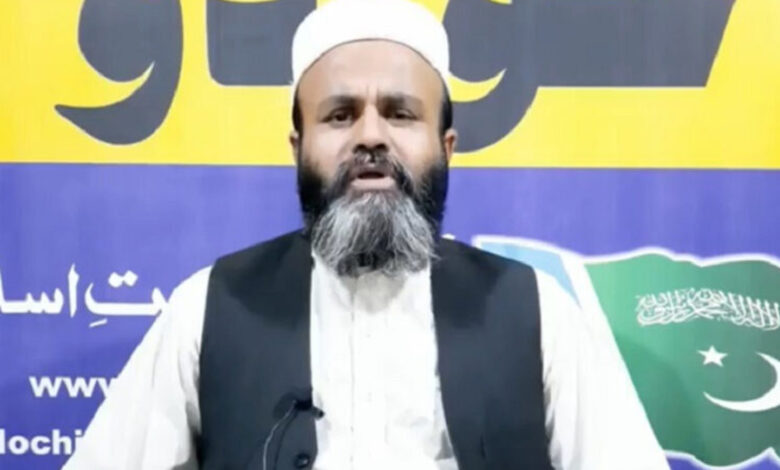The Reko Diq project is paving the way for a new era of economic growth for Balochistan and Pakistan. By June 2025, Reko Diq Mining Corporation had already paid $28 million to the Balochistan government, including $17.5 million in royalties, $3.8 million in taxes, and $7.2 million for social development and community investment.
Production at Reko Diq is set to commence in 2028, with an expected free cash flow of $74 billion over the project’s life. The project will create 11,500 jobs for locals, and by 2034, annual production capacity will double from 45 million tons to 90 million tons. The first phase alone has attracted $2 billion in international investment, marking it as one of Pakistan’s largest development initiatives.
Despite this unprecedented progress, Maulana Hidayat-ur-Rehman continues his double-faced politics. On one hand, he enjoys the perks and privileges provided by the state. On the other, he incites protests against it, leading a so-called “long march” from Quetta to Islamabad on July 25. His repeated claim that Balochistan gains nothing from projects like Reko Diq and CPEC is nothing more than baseless propaganda, aimed at scoring political points rather than serving the people.
The truth is clear: Reko Diq is a lifeline for Balochistan’s sustainable development. It promises prosperity, employment, and a stronger economic future for the province. Maulana’s narrative, built on political opportunism and misinformation, stands in direct contrast to the reality of progress on the ground.
For Balochistan, Reko Diq is not just a mining project—it is a path to self-reliance and long-term growth. Those who oppose it, while benefiting from the same state they criticize, reveal that their true interests lie not with the people but with their own political ambitions.


